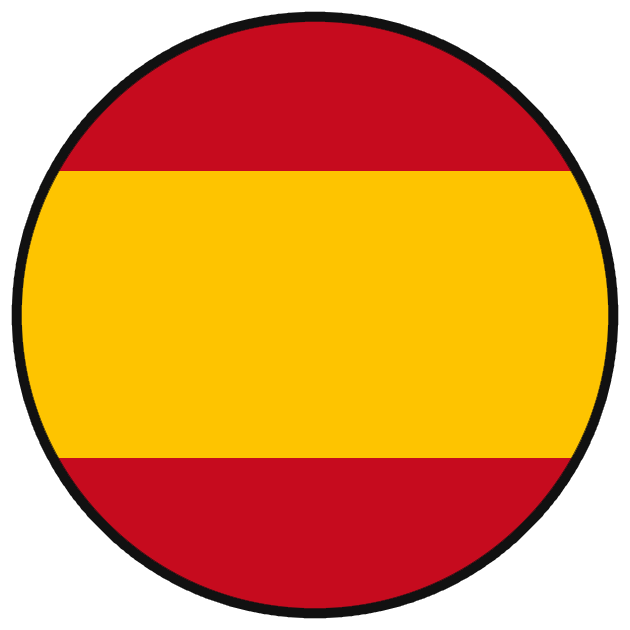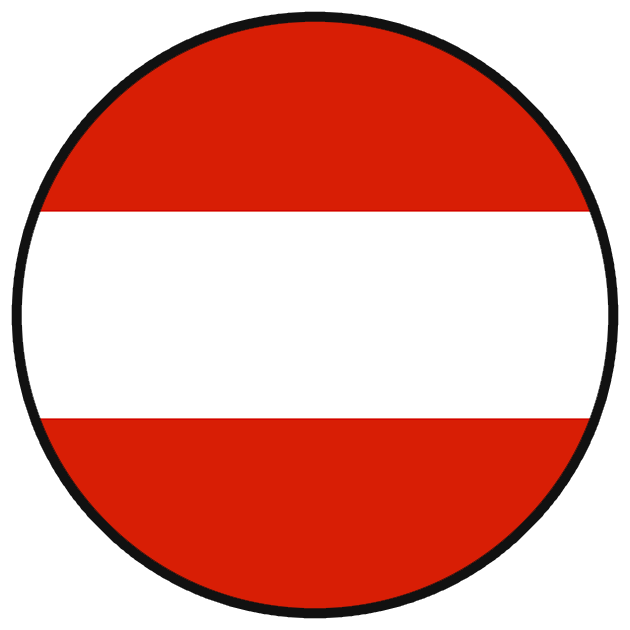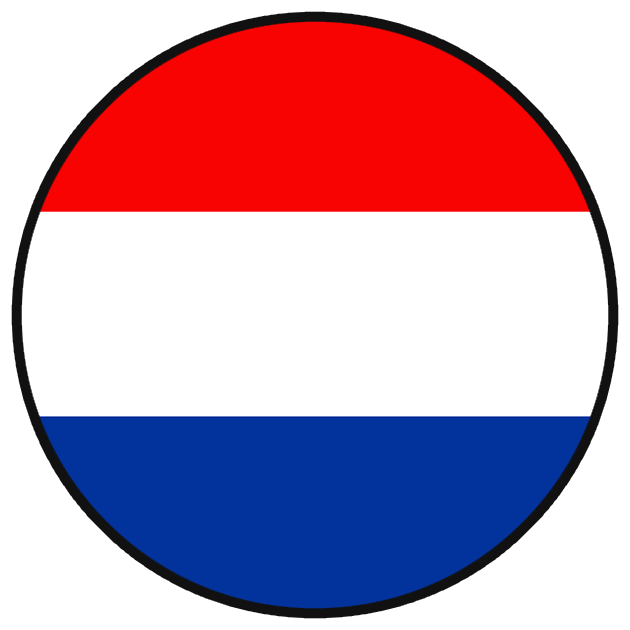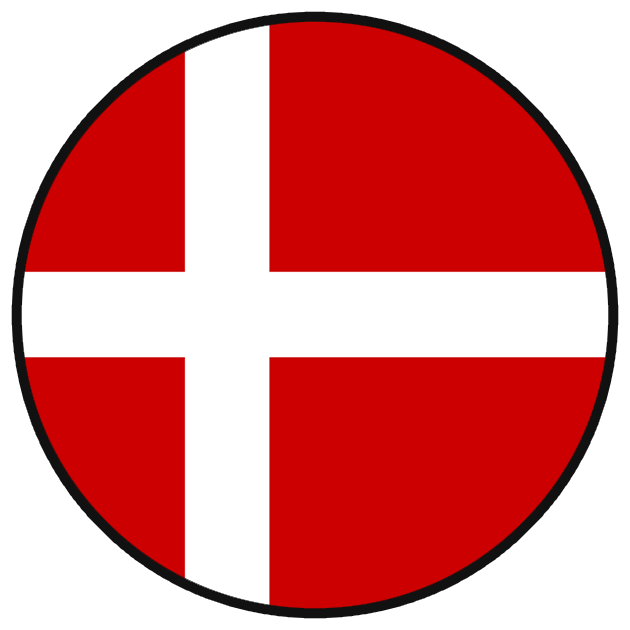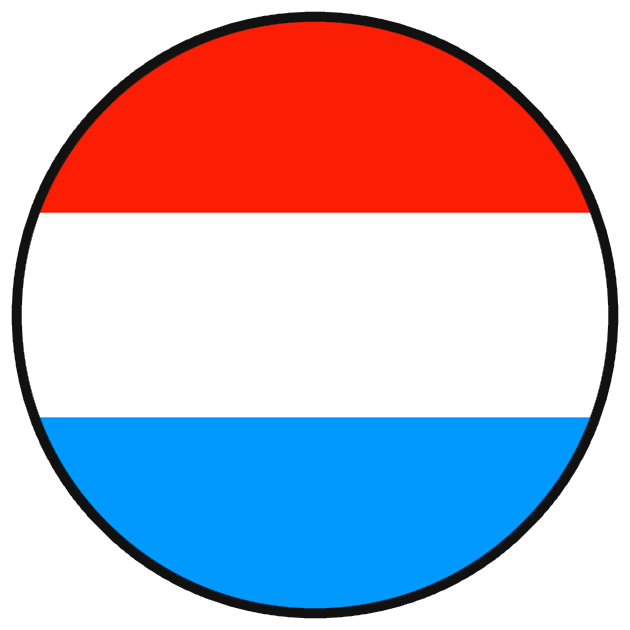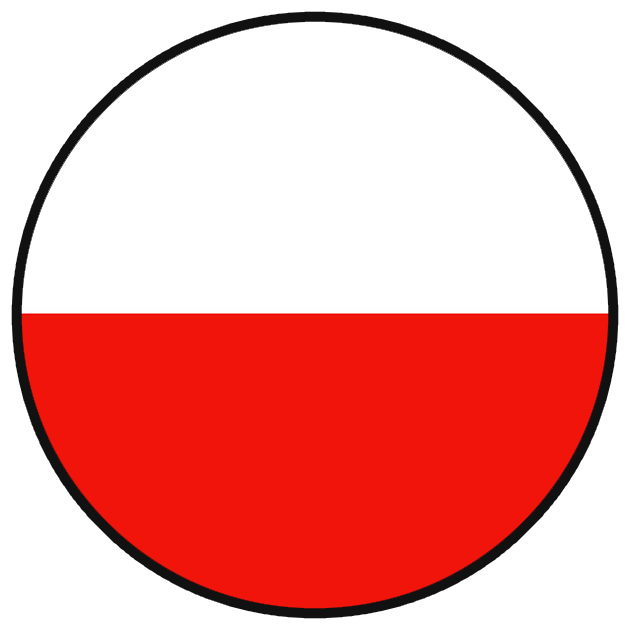Most of the time, consumers do not realize how much food is being wasted. Actually, one third of all produced food is being discarded. This quantity of overproduction and food waste is unsustainable. Overproduction does have two main negative repercussions :
1. Contamination : when one third of all food produced is being thrown away this means that we could have saved the production costs (tractor, fertilizer, etc.) of that food. Even more if the majority of agriculture is not ecological. But the ecological production and its comparison to conventional agriculture are going to be discussed later on.
2. Economy : it is impossible for small farmers to produce a high-quality product for the price that is offered on the market. If there is overproduction the prices shrink so much that they are unsustainable in an agriculture that is looking for quality, not quantity.
These problems, however, do have solutions :
Para evitar el desperdicio de comida producido a lo largo de la cadena de suministro podemos optar por comprar directamente al consumidor. Internet es escaparate de muchos productores que venden sus productos directamente de forma online. Pero ojo, investiga si la página web donde compras son realmente productores y no intermediarios. Un truco para averiguarlo es ver si hay una historia o una familia detrás de esa página.In order to avoid food waste during the production chain we can opt on buying directly from the producer. The internet is a common way for many producers to offer their goods online. But be careful and investigate whether the homepage is really from a producer or from a intermediary.
Crowdfarming® could be a solution to avoid overproduction. The consumers become owners of production units (fruit trees, beehives etc.) and receive its production directly. By doing so, there is only produced what is actually going to be consumed.
Nature forces us to manage food waste that is inevitable : old food, leaves etc. But also this time there is a solution for it. This waste can be converted to compost or natural fertilizer. There are methods that accelerate the natural composting process of organic materials which helps us to recycle the food waste we have been creating before.
How is compost produced ?
Compost can be produced in a container or directly on the ground. The advantage of using a container is that it is much faster and wastewater can be retained.
A huge part of all the waste being produced in a place with a garden can be composted, over all food-leftovers (nitrogen), grass and dry branches (carbon). To accelerate the composting process it is important to mix the compost in a balanced way. It would be perfect if there were 25 parts of carbon to 1 part of nitrogen (25/1). In case that the compost is being produced directly on the ground, it is necessary to move it around, so oxygen can help the waste to compost.
Within some months (depending on the container and the mixture) we will receive an amazing natural fertilizer on the base of our thrown-away food. /span>
Do you want to know more about Crowdfarming®? click here





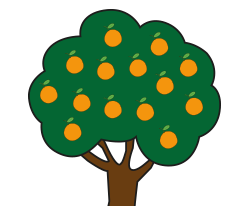 My account
My account 


